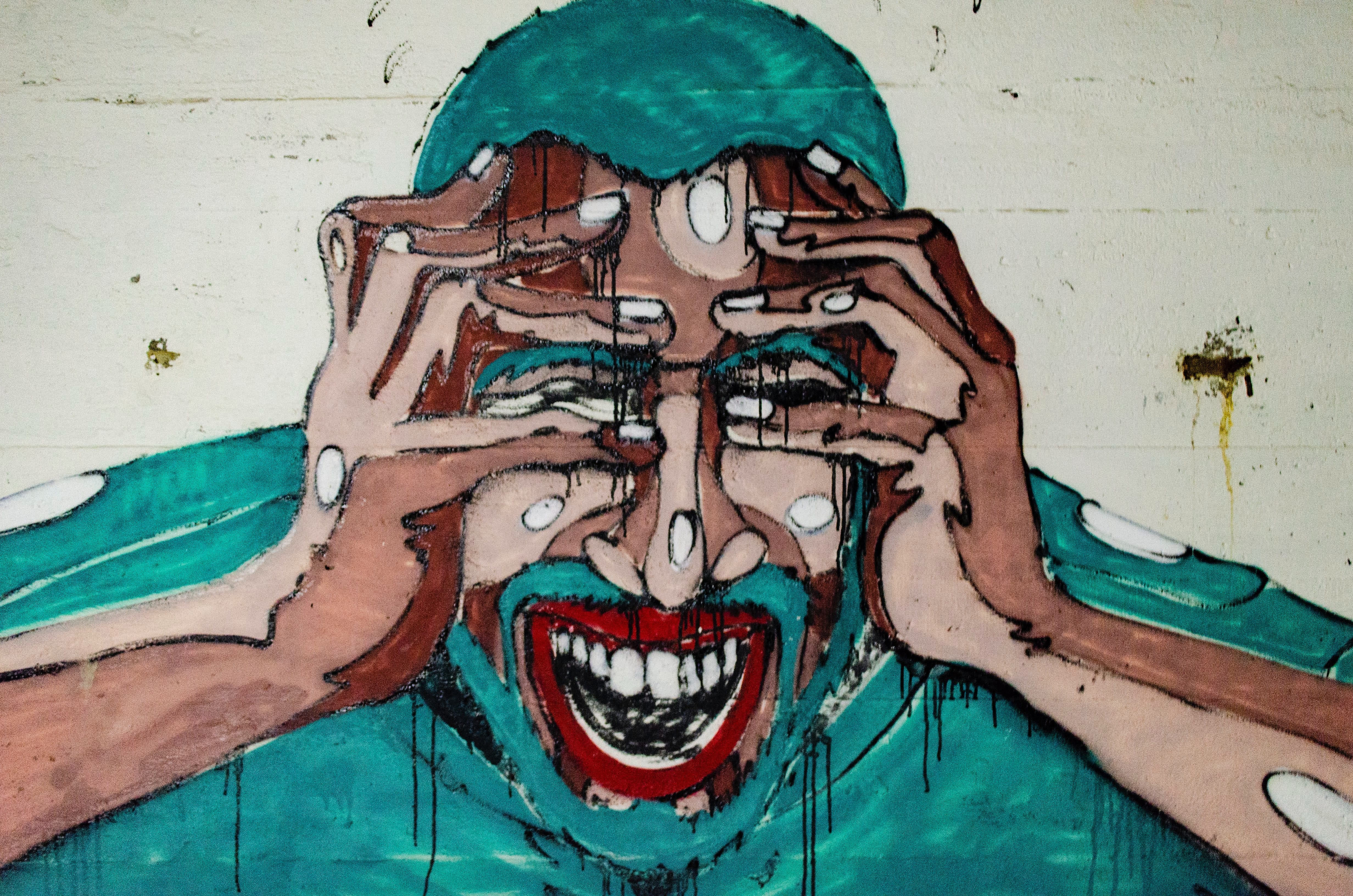Over the years in navigating my own personal recovery, and listening to addiction being defined in so many different ways, I have settled on one that makes sense to me. It may not be your definition, but it has served me well, and may be a good starting point for your inner discussion. I've seen definitions by medical professionals that have spanned multiple textbook pages, with very little punctuation. I can tell you my eyes glazed over after the first paragraph.
This is the one I like: Addiction is "a pathological relationship with any mind or mood-altering experience that has life-damaging consequences." Once I broke that down, I started to see some things that really applied to me - to a variety of behaviors I employed to make life seem more bearable. First, it is a mind or mood-altering experience. This allows for the possibility of behavioral addictions (gambling, workaholism, sexual addiction, to name a few). But more importantly, it is a relationship with this experience. What is my relationship with alcohol? With drugs? With my job? With sex? Any of these things can be used "normally" - I can have a healthy relationship with each of these, theoretically. In the case of addiction, however, the relationship is pathological. What makes it pathological is that despite life-damaging consequences, I continue the behavior.

The pathology of addiction grows as the illness progresses. In time, the addict builds a sophisticated infrastructure in order to maintain the addiction without interruption. She will surround herself with only those people who support this lifestyle. He will build psychological defense mechanisms that prevent honest self-appraisal. Over time, the afflicted individual will remove everything and everyone that interferes with the pathological relationship, for addiction is a jealous lover. All that is banished from her life will be replaced with things that support this addicted life. Bewildered and afraid, he will trudge on alone.
What is outlined above is, of course, somewhat descriptive of an extreme case. A case of full-blown addiction, if you will. In the vast majority of cases, though, it didn't start out this way. But look a bit deeper, and you will spot the telltale signs that were present long before the devolution into hopelessness and despair. Under closer observation, you will see many occasions when he experienced a severe hangover after having consumed more than he planned. You will see the times that she had an unnecessary argument with her boyfriend, and couldn't remember the next day why she was so angry with him. Or maybe it will be the times that he called into work, feeling "under the weather" that day, when in truth he hit it a little hard over the weekend. She may have driven home, woke up in the morning confused, looking out the window to see if her car was there. "Jesus, did I drive home last night??" Spaced out over the course of months and years, all these incidents don't seem like all that much to worry about. But taken together, we begin to see a pattern emerging. A cornerstone symptom of any addiction is loss of control. Most will think of this as an utter collapse - out of control compulsive behavior day in and day out. But addiction is much more subtle than that.
In truth, if one was absolutely out of control every single time one used, or drank, or gambled, addiction would be immensely easy to spot. But this ailment is diabolical on purpose. It can only survive in the dark, only by sneaking up on you such that by the time you notice, it's already too late. But you can see it if you take the 30,000-foot view. You will find it when you look with an observer's eye rather than the defensive one. Loss of control simply means a loss of predictability. It means she set out to have a couple drinks with friends at the bar after work, and did just that. But two weeks from now, or two months (who knows, but that is the nature of unpredictability after all), she sets out with exactly the same plan under the same circumstances. This time, however, she stays until the bar closes, can't find her friends, and makes the poor choice to drive home or take a ride with a stranger. The point is, she cannot predict which time is which with any reliability.

The thing is, addiction will let you have small victories. You will succeed in controlling it, maybe even most of the time. The insidious truth, however, is that the times when you don't succeed become more frequent, more disastrous, and more lengthy. As things progress for the worse, you will spend more and more time either planning to use, using, or recovering from using. Each and every minute you are engaging in this pathological activity is a minute you must steal from some part of your life. Eventually, you will steal that time from your job, your significant other, your children. If you are an addict, you will ultimately face the devastatingly painful truth that of all the things you have lost, time is the thing you can never get back. Time is the thing you can never give back to the loved ones you stole it from, either. Life passed by while you were drinking, drugging, playing the slots, over-working, trolling for your next sexual encounter.

So, how do we work toward a solution if we discover we are heading in the wrong direction? Should one seek professional help to get a diagnosis? Should one go to a 12-step meeting such as Alcoholics Anonymous or Gamblers Anonymous? Should one go directly to rehab? Well, the answer is maybe - all or some of these, or none of these. Forgive the vague answer - the point is that it is far more effective for an individual to "diagnose" herself and find a pathway that works.
